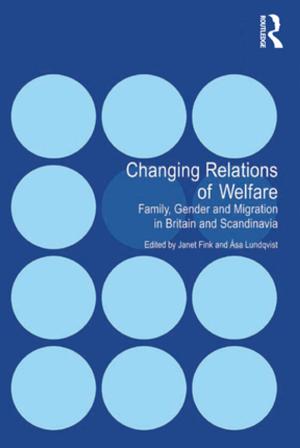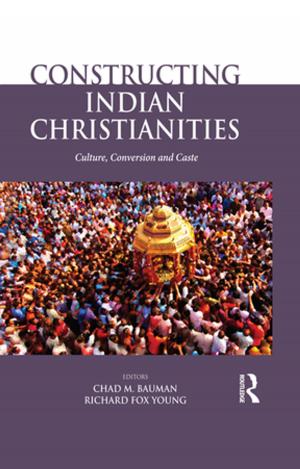Animal Ethics and Theology
The Lens of the Good Samaritan
Nonfiction, Religion & Spirituality, Bible & Bible Studies, Criticism & Interpretation, Theology, Christianity| Author: | Daniel Miller | ISBN: | 9781136490194 |
| Publisher: | Taylor and Francis | Publication: | March 1, 2013 |
| Imprint: | Routledge | Language: | English |
| Author: | Daniel Miller |
| ISBN: | 9781136490194 |
| Publisher: | Taylor and Francis |
| Publication: | March 1, 2013 |
| Imprint: | Routledge |
| Language: | English |
In this book, Daniel K. Miller articulates a new vision of human and animal relationships based on the foundational love ethic within Christianity. Framed around Jesus’ parable of the Good Samaritan, Animal Ethics and Theology thoughtfully examines the shortcomings of utilitarian and rights-based approaches to animal ethics. By considering the question of animals within the Christian concept of neighbourly love, Miller provides an alternative narrative for understanding the complex relationships that humans have with other animals.
This book addresses significant theological questions such as: Does being created in the image of God present a meaningful distinction between humans and other animals? What does it mean for humans to have dominion (Gen. 1:28) over animals? Is meat eating a moral problem for Christians? In addition to drawing out the significance of Christian theology for field of animal ethics this book also engages environmental and feminist ethics. Miller brings a theological perspective to such questions as: Should care for animals be distinguished from care for the environment, and what role should human emotions play in our ethical dealings with other animals? As the title suggests, this book provides fresh insight into the theological significance of human relationships with other animals.
In this book, Daniel K. Miller articulates a new vision of human and animal relationships based on the foundational love ethic within Christianity. Framed around Jesus’ parable of the Good Samaritan, Animal Ethics and Theology thoughtfully examines the shortcomings of utilitarian and rights-based approaches to animal ethics. By considering the question of animals within the Christian concept of neighbourly love, Miller provides an alternative narrative for understanding the complex relationships that humans have with other animals.
This book addresses significant theological questions such as: Does being created in the image of God present a meaningful distinction between humans and other animals? What does it mean for humans to have dominion (Gen. 1:28) over animals? Is meat eating a moral problem for Christians? In addition to drawing out the significance of Christian theology for field of animal ethics this book also engages environmental and feminist ethics. Miller brings a theological perspective to such questions as: Should care for animals be distinguished from care for the environment, and what role should human emotions play in our ethical dealings with other animals? As the title suggests, this book provides fresh insight into the theological significance of human relationships with other animals.















